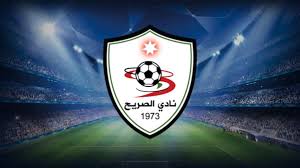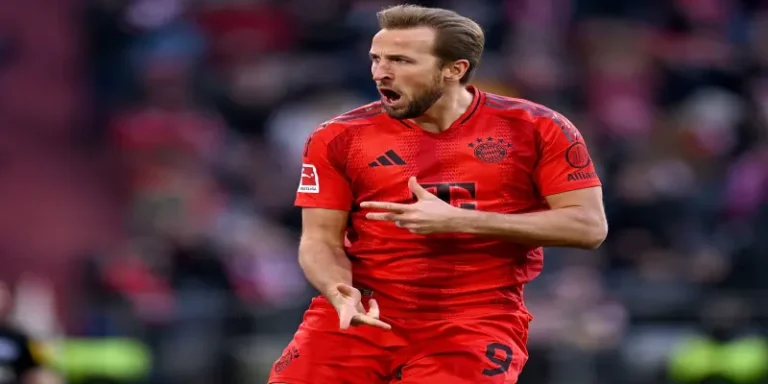
UEFA European Championship: Secrets Behind the Glory
Every four years, the UEFA European Championship unleashes a whirlwind of passion, drama, and footballing brilliance. Far beyond just a tournament, it’s a battlefield where nations collide, legends are born, and underdogs rise. From iconic goals to heart-stopping shootouts, the EURO is where Europe’s most unforgettable football tales are written. But what truly makes this championship a cultural titan? It’s the fierce rivalries, historic shocks, and the pride of wearing your country’s colors on the biggest stage. As we revisit its legendary past and look to its evolving future, the UEFA European Championship remains football’s most captivating continental saga.
Top Players in UEFA European Championship History
Over the years, the UEFA European Championship has showcased an extraordinary array of talent, with world-renowned players showcasing their skills on one of football’s biggest stages. The tournament has served as the platform for legends to announce themselves while giving fans iconic moments to remember.
The Legends of the Past
Several past stars have made an indelible mark on the history of the tournament. Legends such as Franz Beckenbauer and Michel Platini not only led their teams with skill and tenacity but also captured the hearts of fans across the continent.
Platini’s prowess during the 1984 tournament emphasized his aptitude as a playmaker and his ability to influence games profoundly. Beckenbauer’s leadership from the back showcased another dimension to the game, where defensive strategies can hinge upon one player’s vision and capability.
Contemporary Icons
As the game has evolved, so too have the players who have shone brightly in the tournament. Recent stars like Cristiano Ronaldo and Antonín Panenka redefined what it means to deliver at international competitions. Ronaldo’s multiple goals have been pivotal for the Portuguese national team, leading them to the championship title in 2016.
Panenka’s cheeky penalty kick during the 1976 final—now known as the “Panenka”—continues to symbolize audacity and creativity, influencing countless players who have attempted to replicate techniques in the years since.
Rising Stars
With every tournament, the stage for emerging talents grows more appealing. Up-and-coming players have the opportunity to leave their mark on the history of the UEFA European Championship, just as their predecessors did, and being part of such a competitive environment is often the crucible from which future legends emerge.
Potential superstars, whether recent graduates from youth academies or seasoned pros, recognize the value of performing on the world stage, further propelling them into the limelight and adding to the tournament’s storied legacy.
How the UEFA European Championship Affects National Pride
The UEFA European Championship is about more than just football; it encapsulates the very essence of national pride and unity.
When nations come together to compete, it serves as a reminder of the deep-rooted passion and history each country has with the sport. The psychological impact of representing one’s nation in such an arena can galvanize players and ignite interest among fans like no other event.
The Emotional Stakes
For many players, wearing their country’s colors is a pinnacle moment in their careers, elevating the stakes beyond personal accolades and club commitments.
When nations compete in the UEFA European Championship, the emotions are palpable. Players are not only representing themselves but also the hopes and aspirations of millions who passionately support their teams.
Consequently, this connection drives players to reach heights intrinsic to the spirit of competition, fostering a profound bond between individual performances and collective pride.
A Sense of Unity
Seeing nations rally around their teams also serves to strengthen community bonds. When a national team embarks on a successful run in the tournament, celebrations erupt in cities and towns across that nation, fostering camaraderie among fans from various walks of life.
These shared experiences become foundational memories that solidify national identity and pride, allowing football to transcend borders and celebrate what it means to be part of a greater collective.
The Ripple Effect
Success or failure in the UEFA European Championship can significantly impact a nation’s morale. A triumphant campaign can unify a country, invigorating a shared sense of optimism and hope. Conversely, disappointing exits can lead to emotional upheaval, igniting the sports community’s desire for improvement and resilience.
The cyclical nature of success breeds aspiration, ultimately helping shape future talent and motivating generations to pursue football at both recreational and professional levels.
UEFA European Championship: Format and Rules
Understanding the format of the UEFA European Championship is essential to appreciating the complexities and excitement it brings. The tournament has evolved to accommodate a greater number of teams, with rules and structures frequently adapting to maintain relevance and excitement in an ever-changing football landscape.
Tournament Structure
The UEFA European Championship currently features a format consisting of 24 teams that compete in a month-long tournament. The qualification process leading up to the championship involves teams from various UEFA member countries competing for limited spots.
The teams are separated into groups during the initial phase, with the top teams from each group advancing to the knockout rounds. This format introduces an element of unpredictability and excitement, where lower-ranked teams can upset higher-ranked opponents.
Knockout Stage Dynamics
Once the group stage concludes, the knockout phase begins, leading to heightened drama and intensity. Each match becomes a high-stakes showdown, with teams battling to advance and avoid elimination.
Extra time and penalty shootouts add layers of tension that often result in heart-stopping moments, drastically affecting the fortunes of nations involved.
Each elimination match becomes a singular moment where national heroes and heartbreaks are etched in the minds of fans.
Rules and Regulations
The rules governing the tournament align with those prescribed by FIFA, ensuring consistency with the overall structure of international football. This includes specifics regarding team composition, substitutions, and match officiating, making it coherent for players and fans alike.
As regulations adapt based on modern football practices, the tournament remains dynamic, incorporating advancements that elevate the sporting experience for all involved.



